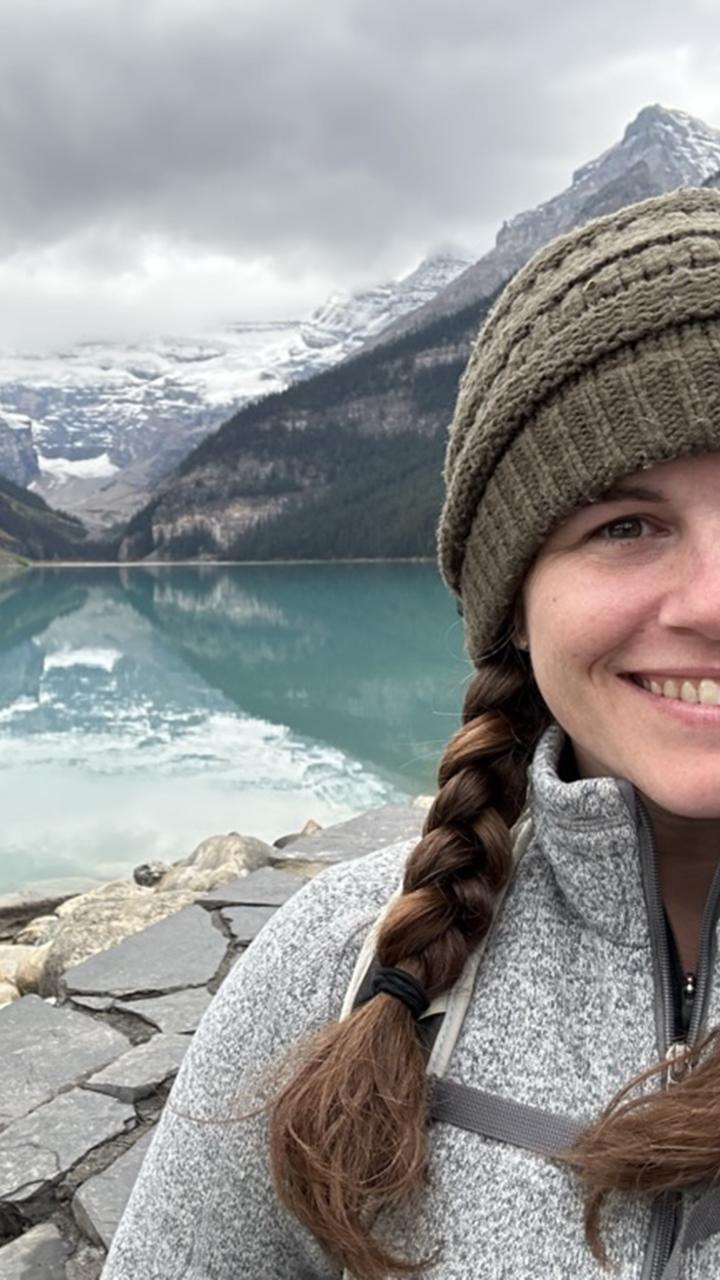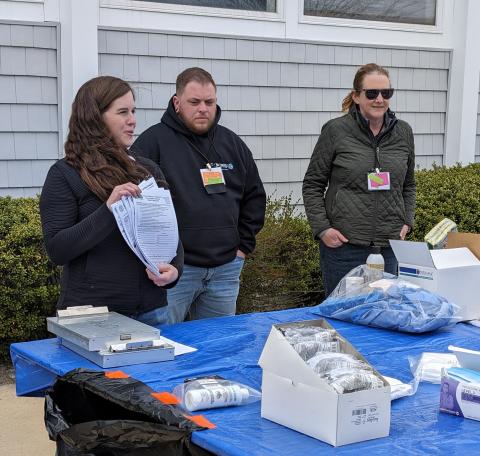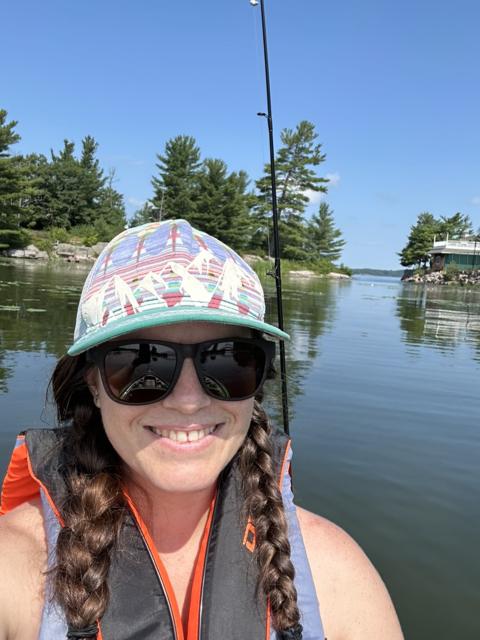Northeast Regional Fish and Wildlife Health Coordinator: Melanie Kunkel
As the Northeast regional fish and wildlife health coordinator, my day-to-day work varies greatly! I work with 13 state fish and wildlife agencies in the Northeast, and each agency may have different needs. I typically start my day with coffee and a quick breakfast before heading to work.
Some days, I may coordinate a regional meeting among all the fish and wildlife agencies in the Northeast to discuss a wildlife health topic of regional interest. On other days, I may be helping certain state agencies develop disease surveillance and/or monitoring plans. Typically, this involves virtual or in-person meetings to discuss agency priorities, drafting plans, and follow-up emails. Sometimes, I meet with different groups to give presentations on relevant wildlife health topics or to hear what disease-related concerns biologists have been experiencing recently to see how I can help.
This morning, I’m working on organizing a fish and wildlife health symposium at the annual Northeast Fish and Wildlife Conference. The symposium will bring together state agency personnel and university researchers to provide updates on and discuss fish and wildlife health threats and research in the Northeast. The symposium is an excellent avenue for wildlife health specialists to hear about what is happening in the region and may even lead to new collaborations!
Once that task is finished, I check my emails and see a few new emails that require responses. One is from a biologist experiencing a wildlife mortality event, so I respond to that and answer their questions. Another is from a different agency asking if I have any resources I can share on a couple of diseases. Lastly, someone has asked if I could help write an informational sheet on a different disease they can share with the public and their biologists.
My other major task for the day is to meet with collaborators to discuss the ‘next steps’ for a grant we received funding to look at the health of furbearers across the region, which is exciting because we have collaborators across the Northeast, including from universities and state agencies, working together on this new study. There is significant interest in this topic. Hopefully, this new study will help shed some light!
Serving as a fish and wildlife health resource to the state fish and wildlife agencies in the region means every workday looks a little different. It’s a great experience to be able to work with so many knowledgeable people who care about fish and wildlife species so much! After the workday ends, I head home, usually go for a walk or run, and cook dinner. I’ll check my email one more time to make sure there’s nothing urgent, and then it’s off to bed!




